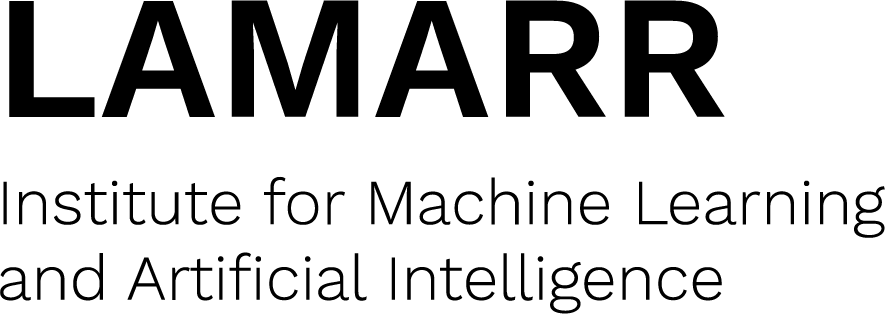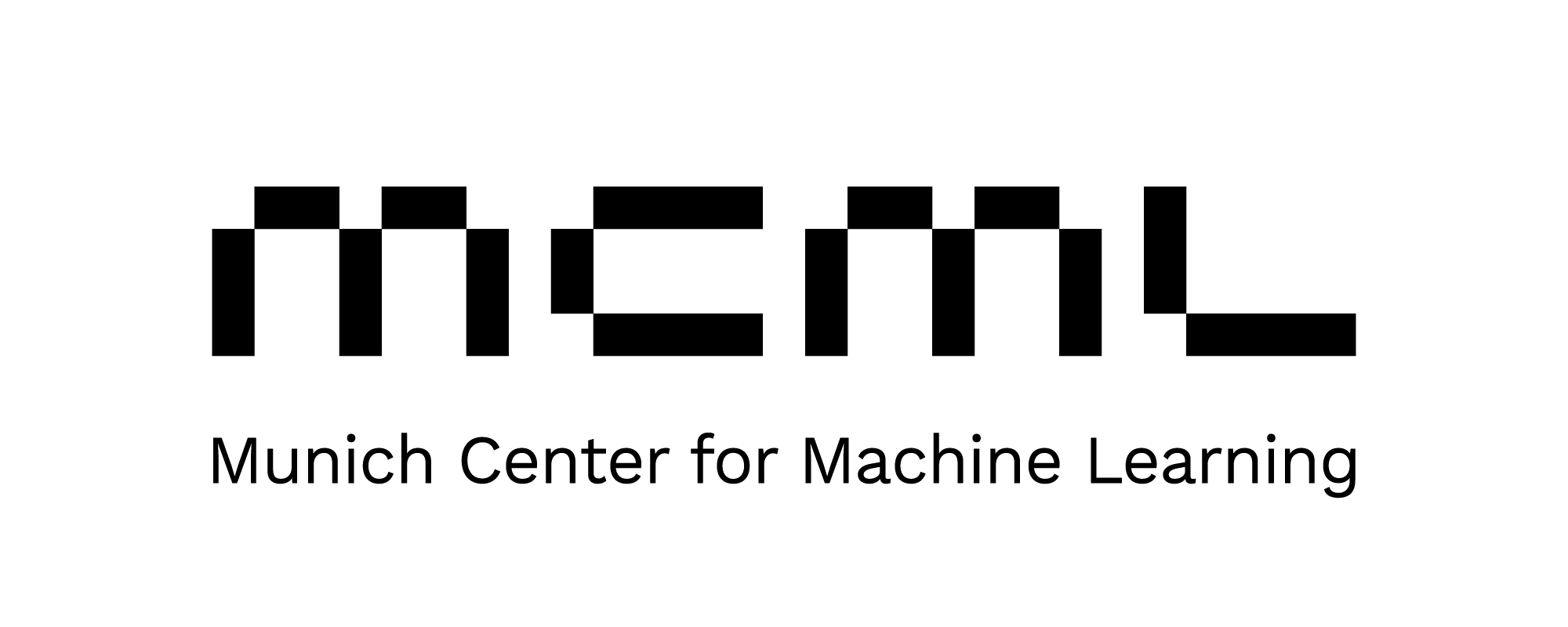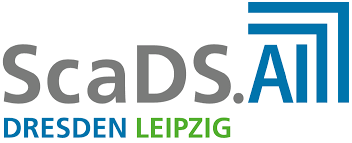
Wrap up: 2024 Berlin Summer School of Artificial Intelligence and Society
AI and the Urban: Making cities smart(er)?
The 2024 Berlin Summer School of Artificial Intelligence and Society took place from September 09-13, 2024, at the main campus of TU Berlin. It focused on "AI and the Urban: Making cities smart(er)?". The event was jointly organized by the BIFOLD Graduate School, the Cluster of Excellence "Science of Intelligence" (SCIoI) and the research group "Digitalization, Sustainability and Participation" at the Weizenbaum Institute for the Networked Society in Berlin.
Berlin is facing numerous challenges, including modernizing public administration, adapting to climate change, improving traffic planning, regulating the housing market, and creating incentives for sustainable lifestyles through citizen involvement. Addressing these issues in highly complex, human-centered urban systems calls for innovative solutions supported by artificial intelligence (AI) technologies, requiring a uniquely multidisciplinary and ethical approach.
AI in Urban Development: Challenges and Opportunities
Participants and speakers from BIFOLD, SCIoI, the Weizenbaum Institute, TU Berlin and other universities and research institutes in Germany and Europe discussed how AI can help understand urban processes and tackle challenges such as climate change, public administration, and sustainable mobility. The program emphasized the complexities and resource demands of AI implementation, focusing on opportunities and risks for sustainable urban development. Young researchers from diverse disciplines explored new perspectives on their work by learning about interdisciplinary methods, fostering a deeper understanding of AI’s transformative potential in smart cities.
Keynote Insights on AI, Human Intelligence, and Smart City Innovations
Keynotes addressed the distinction between human and machine intelligence, focusing on the unique ability of humans to solve complex dynamic real-world problems (John-Dylan Haynes, Science of Intelligence/Charité Berlin), the use of machine learning and AI for efficient monitoring, optimizing and forecasting aspects relevant to climate change in urban areas mitigation efforts (Lynn Kaack, Hertie School, Berlin), NebulaStream, an innovative open-source system, currently being built to address challenges arising in modern data-driven applications such as smart manufacturing, healthcare, and the Internet of Things (Volker Markl, BIFOLD/TU Berlin) and how digitalization and surveillance in Songdo Smart City extend the concept of "home" beyond individual ownership to create a sense of belonging and propriety encompassing the entire urban environment (Jörg Stollmann, TU Berlin).
Hands-On Learning and Reflection: Practical Workshops and Excursion
Participants attended in-depth lectures and practical workshops to dive deeper into specific topics, e.g., on public administration, the current shift towards people-centred smart cities, enhancing the efficiency and quality of urban services, reflecting on real-life cases of (un)ethical AI deployment, accurate open source mapping, AI for the public interest and safety in bicycle traffic.
During an excursion to the Urban Tech Republic at the former airport Berlin Tegel, participants gained an overview of the Smart City activities in Berlin TXL. Further, throughout the week, participants worked in interdisciplinary teams regarding learning, reflection and dynamic exchange on the potential failures and successes of working with AI in cities.
An exciting and inspiring week - we extend our heartfelt thanks to all participants for their commitment and to all organizers for their preparation.
Keynotes & Speakers
The four keynote speeches were held by highly recognized scientists and intended to give an introductory overview of specific topics in Machine Learning, Data Management, Intelligence, and the possible societal impact of AI in the context of smart cities.
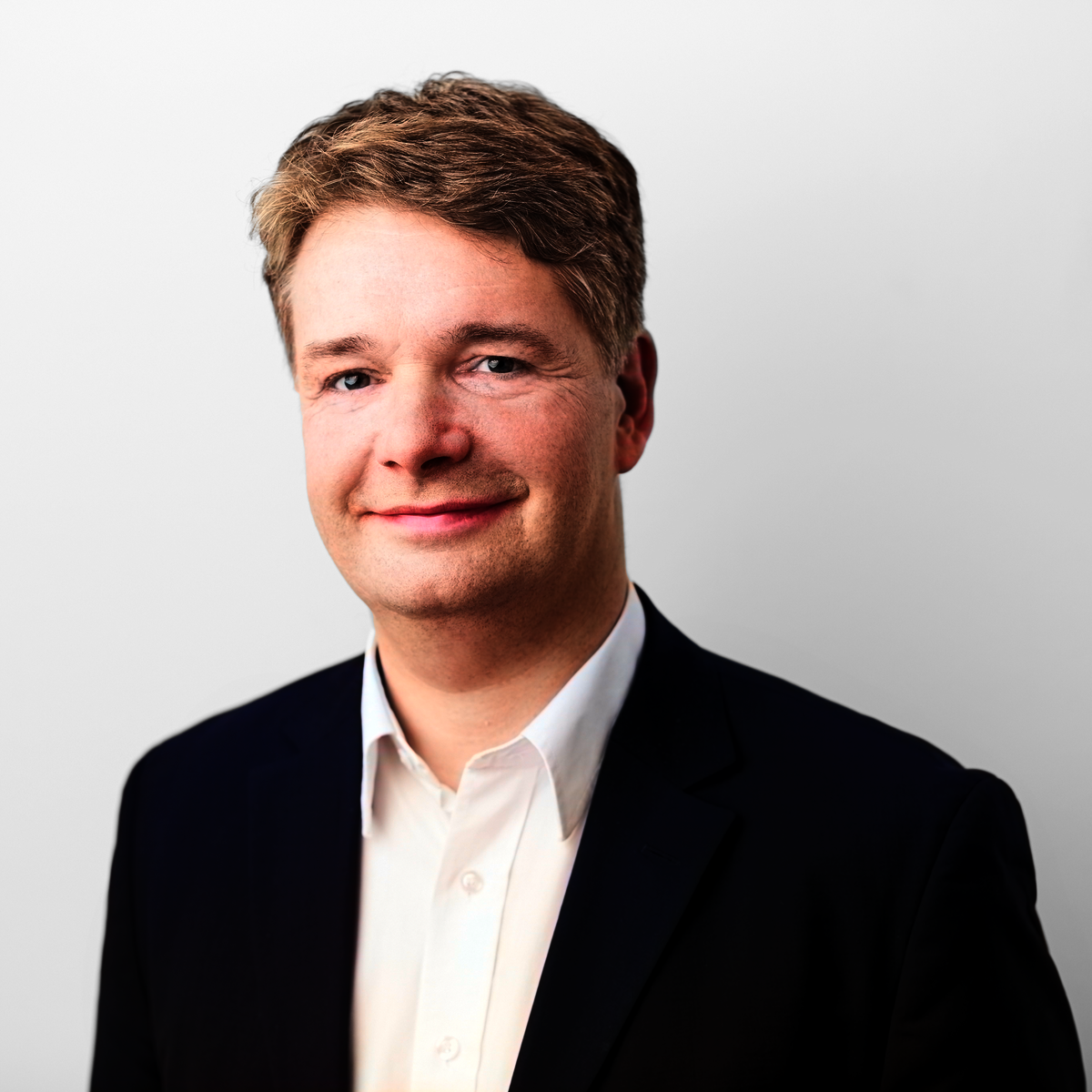
Prof. John-Dylan Haynes
Science of Intelligence/ Charité Berlin
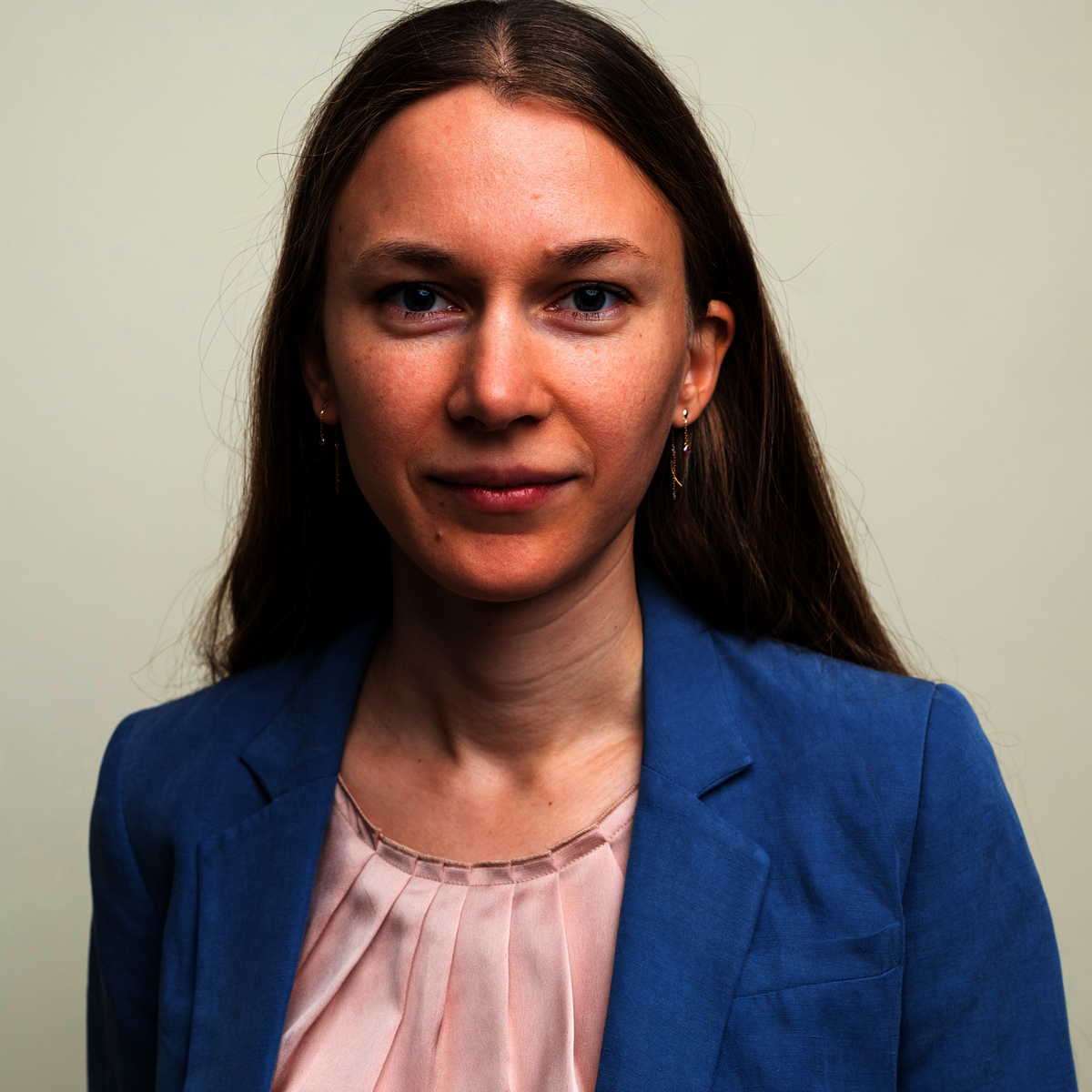
Prof. Lynn Kaack
Hertie School, Berlin
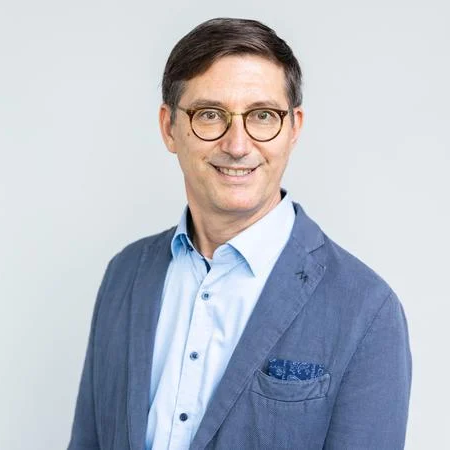
Prof. Volker Markl
BIFOLD / TU Berlin
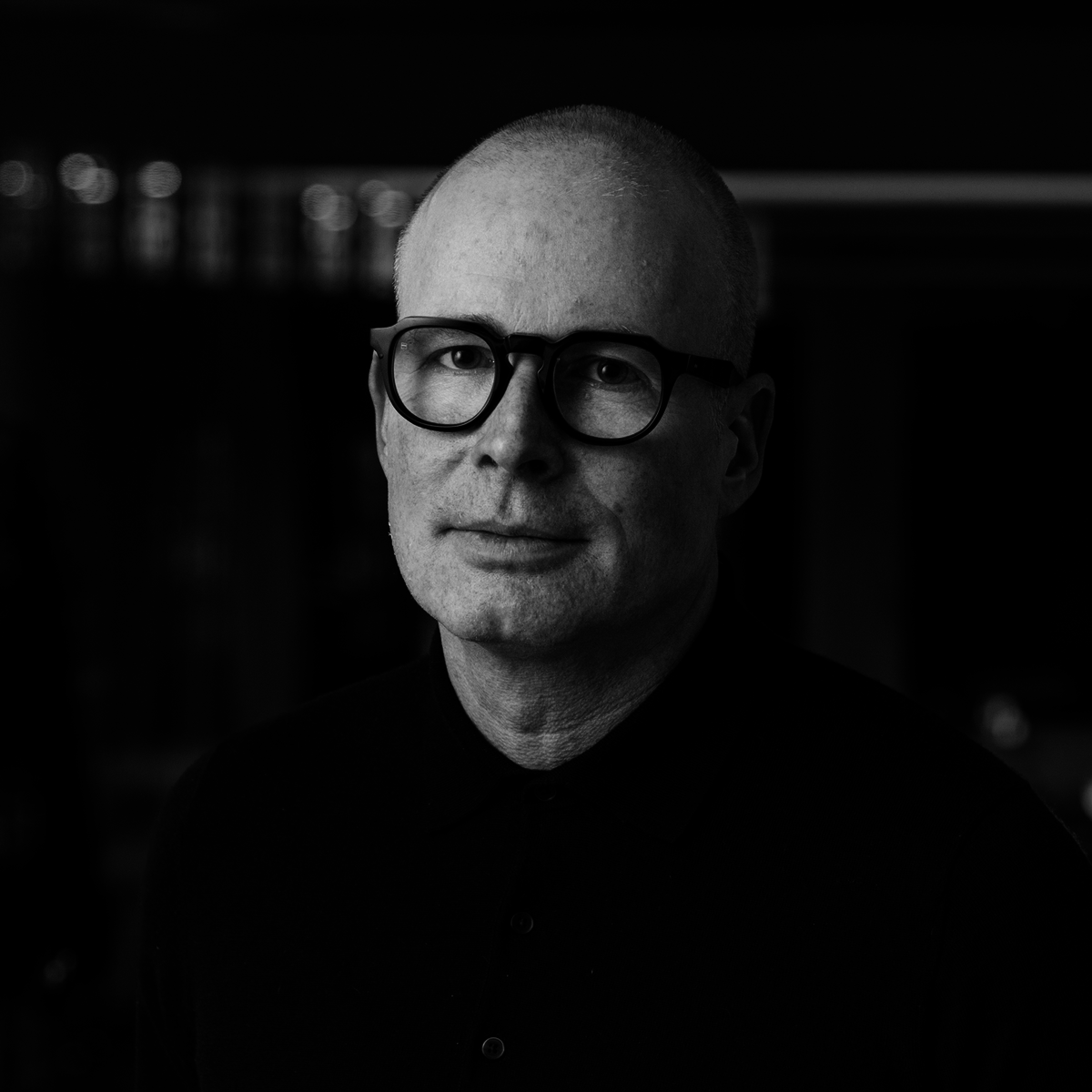
Prof. Jörg Stollmann
TU Berlin
All Speakers of the Summer School 2024 are listed here.
Teaching formats
KEYNOTES
The keynote speeches provided an introductory overview of specific topics in Machine Learning, Data Management, intelligence, and the societal impact of AI in the context of AI and smart cities.
IN-DEPTH SESSIONS
In-depth lectures addressed subject-specific topics. Participants were able to choose from parallel sessions according to their field of interest.
WORKSHOPS
More practice-oriented workshops offered participants hands-on experience and the possibility to interact.
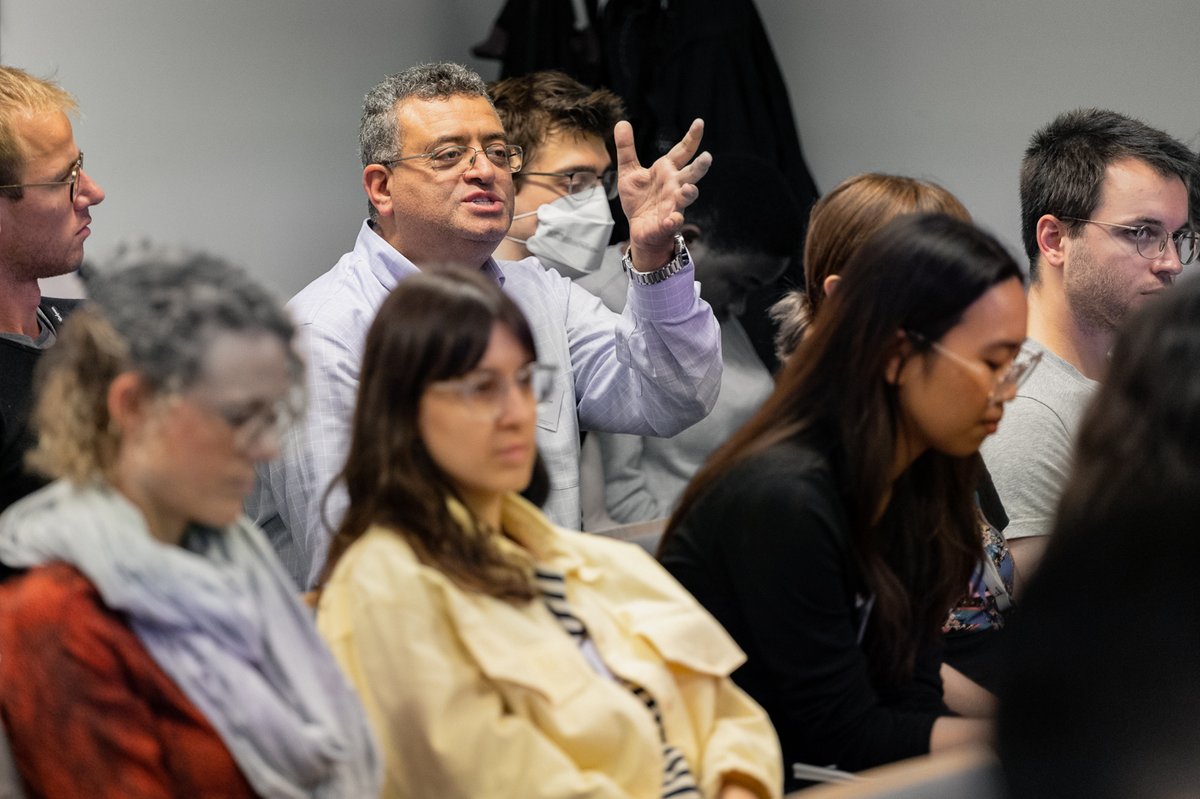
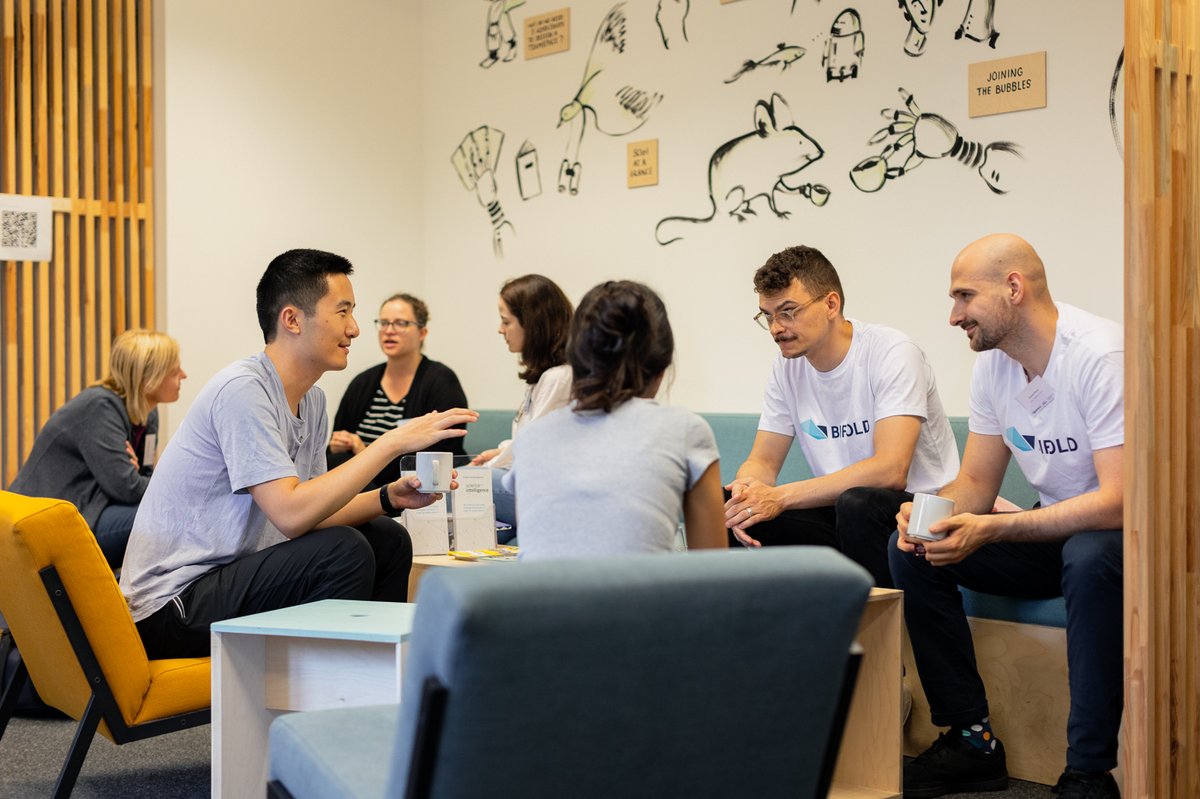
GROUP WORK
Participants were working in groups on a task related to smart cities. The groups consisted of students from different backgrounds who examined a given situation from different angles. The group work was continuously supervised and culminated in a final presentation of the results and feedback for the groups.
NETWORKING
Ample time for networking, exchange, and discussions was provided with a good balance between the number of participants and speakers, who were available for further discussion.
Agenda
In the following, you can find the schedule for each day. On several days, parallel content tracks took place.
| Time | Description | ||
|---|---|---|---|
| 09:30 – 10:00 | Registration & Coffee | ||
| 10:00 – 11:00 | Welcome Prof. Ziawasch Abedjan, BIFOLD/ TU Berlin Prof. Hanna Krasnova, Weizenbaum Institute Prof. Jörg Raisch, Science of Intelligence/ TU Berlin | ||
| 11:00 – 12:00 | Keynote Data Management Prof. Volker Markl, BIFOLD/ TU Berlin "NebulaStream – Data Stream Processing in Massively Distributed Heterogeneous Environments" | ||
| 12:00 – 12:15 | Group Photo | ||
| 12:15 – 13:15 | Lunch | ||
| 13:15 – 15:00 | Introductory Session with Speed Meeting | ||
| 15:00 – 15:30 | Break | ||
| 15:30 – 17:00 | Practical Workshops | ||
| 1. Dr. Asieh Daneshi, Science of Intelligence/ HU Berlin "Transforming Urban Cleanliness: Optimal Resource Allocation” | 2. Dr. Benjamin Seibel, City Lab Berlin | ||
| 17:30 | Social Get-together | ||
| Time | Description | ||
|---|---|---|---|
| 09:30 – 10:45 | Keynote Prof. Jörg Stollmann, TU Berlin "(Digital) Visual Property. The Homophily of the Smart City as a Techno-Material Construct" | ||
| 10:45 – 11:15 | Break | ||
| 11:15 – 12:45 | In-depths Lectures - Parallel Sessions | ||
| 1. Dr. Hilke Berger and Rico Herzog, City Science Lab Hamburg "Digital Collaboration for Sustainable Urban Futures" | 2. Prof. Mohamed Mokbel, University of Minnesota “Towards Accurate Open Source Map Services” | ||
| 12:45 – 13:45 | Lunch | ||
| 13:45 – 15:15 | Practical Workshops | ||
| 1. Dr. Hilke Berger and Rico Herzog, City Science Lab Hamburg "up:town: Envisioning Resilient Urban Futures Through Serious Gaming" | 2. Dr. Dafna Burema, Science of Intelligence/ TU Berlin “AI ethics: Cases of (ir)responsible AI deployment” | ||
| 15:15 – 15:45 | Break | ||
| 15:45 – 17:15 | Group Work | ||
| Time | Description | ||
|---|---|---|---|
| 09:30 – 10:45 | Keynote Prof. John-Dylan Haynes, Science of Intelligence/ Charité Berlin "Human versus machine intelligence: Solving complex and dynamic real-world problems" | ||
| 10:45 – 11:15 | Break | ||
| 11:15 – 12:45 | In-depths Lectures - Parallel Sessions | ||
1. Prof. David Bermbach, TU Berlin | 2. Dr. Theresa Züger, Humboldt Institut für Internet und Gesellschaft | ||
| 12:45 – 13:30 | Lunch | ||
| 13:30 - 17:30 | Exkursion Urban Tech Republic, Berlin Tegel | ||
| Time | Description | ||
|---|---|---|---|
| 09:30 – 10:45 | Keynote | ||
| 10:45 – 11:15 | Break | ||
| 11:15 – 12:45 | In-depths Lectures - Parallel Sessions | ||
1. Dr. Samuel Martin-Gutierrez, Complexity Science Hub, Vienna "The urban mosaic of Vienna: Navigating social borders in a melting pot" | 2. Lutz Eichholz, Fraunhofer IESE | ||
| 12:45 – 13:45 | Lunch | ||
| 13:45 – 15:15 | Group Work | ||
| 15:15 – 15:45 | Break | ||
| 15:45 – 17:45 | Group Work | ||
| 18:00 | Social get-together | ||
| Time | Description | ||
|---|---|---|---|
| 09:30 – 10:45 | Group Presentations with Feedback | ||
| 10:45 – 11:15 | Break | ||
| 11:15 – 12:30 | Group Presentations with Feedback | ||
| 12:30 – 13:00 | Wrap-up Session | ||
| 13:00 – 14:00 | Lunch | ||
| 14:00 | End of Summer School - Departure | ||
Partner



Network

